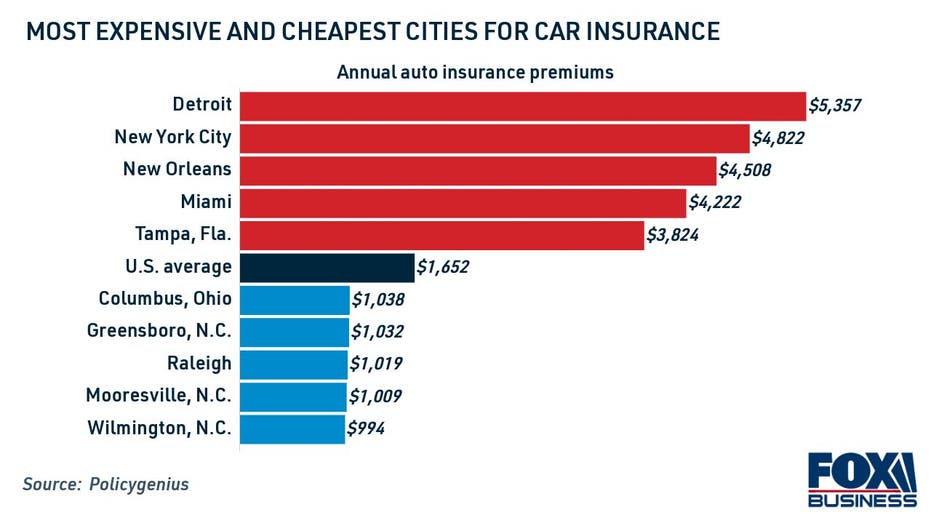
A medical condition may prevent you from getting international travel insurance. Pre-existing conditions may be covered with travel insurance, but these policies are typically not free. Buying insurance before your trip can be a good idea. It is important to carefully read the fine print of any plan you select. Make sure to fully understand your condition so you can make informed decisions about how you will be covered.
There are many types of pre-existing condition. They include injuries and illnesses as well as prescription medications. These include heart disease, kidney disease and liver disease, as well as cancer, arthritis, depression, and cancer. Often, these conditions are in remission for years before they suddenly reappear before your trip. When you buy a plan, you will need to disclose any pre-existing conditions you have. The information you provide will help the insurer determine if you are eligible for coverage.

A policy of travel insurance will usually cover you for cancellation or interruption due to illness or injury. If your injury or illness is severe, you can get some reimbursement from the plan. Your insurance provider will pay for any medical expenses you incur during your trip. You may be eligible for a waiver depending on the policy. Your premium will likely be higher if there are no pre-existing conditions.
If you have a medical condition, it is best to check with your doctor before purchasing a travel insurance policy. You may be covered for certain conditions like diabetes. However you must keep your blood sugar under control. Some conditions are not covered, like pregnancy. You should get travel insurance with a waiver for any pre-existing conditions, if your medical coverage covers you.
Pre-existing circumstances are those conditions that existed before the purchase of your plan. These conditions must be present between 60 and 180 days prior to your travel plan's effective day. As long as you have had them for this amount of time, you will likely be able to obtain a pre-existing condition waiver. Pre-existing conditions can affect the amount of premium you pay.
Pre-existing conditions will be considered by many travel insurers when determining eligibility. You will be asked if you have had pre-existing conditions, whether they have been treated and if your condition has gotten worse. Depending on the company, they might ask you to submit records of your medical history from the last five year.

Pre-existing conditions refer to an injury or illness you suffered prior to your trip. It is not always a medical issue; sometimes, it can be a psychological problem. You should be aware that your travel insurance will not pay for medical expenses if you need it.